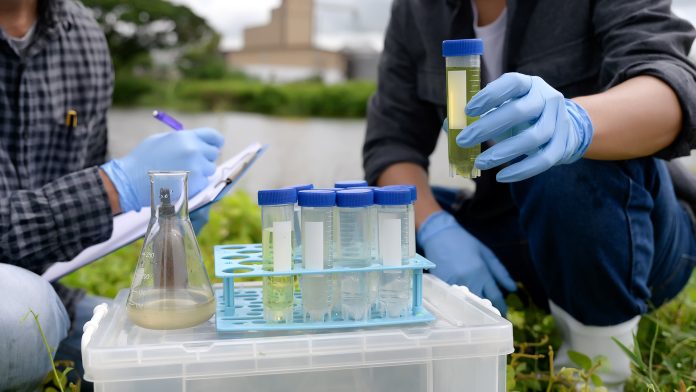Work on a project to restore wetland habitat will boost wildlife and biodiversity and support water quality improvements at Billingham Beck and Thorpe Beck, which are tributaries of the River Tees.
The £1m project, led by the Environment Agency in partnership with Stockton-on-Tees Borough Council and National Highways, will be complete by the autumn and will show significant wildlife and water quality improvements.
It’s part of the £30m Tees Tidelands Programme, a groundbreaking set of projects officially launched in November.
The programme will help the River Tees Estuary adapt to climate change, restore valuable habitat for internationally important wildlife, and reconnect the river’s tributaries.
Vicky Ward, Natural England’s Tees Estuary Recovering Nature Project Manager, explained: “The Tees Tidelands programme is an incredible contribution to the Tees Estuary and will significantly reduce flood risks for local communities and industries.”
Exciting project will bring ‘much-needed boost’ for wildlife and water quality improvements
Paul Eckersley, the Environment Agency’s project manager, said: “This exciting project will bring a much-needed boost to biodiversity and water quality after decades of modification have seen precious habitat lost.
“Working with our partners, we’re creating new wetlands and making it more accessible for the community. Removing the weir will open up the watercourse for migrating fish and other species.”
He added: “This project is one part of a much wider programme of work to bring multiple benefits to the area through Tees Tidelands, which also includes realigning flood defences and restoring mudflat and saltmarsh habitat.”
The Billingham Beck project includes:
- Partly removing a historic weir to open up 55km of river for migrating fish from the River Tees;
- Woody debris dams and new shallow ditches to reconnect Billingham Beck to floodplains, restoring areas of wetland;
- An upgraded network of footpaths and improved landscaping to enhance access and public enjoyment of the site and reconnect people to the beck; and
- Improved vehicle access for easier maintenance of the new wetlands.
The watercourses in this area have been historically modified with channels straightened and deepened and the introduction of culverts and a weir, with the loss of wetland habitat having an adverse effect on the ecology and restricting fish movement.
Benefits for the wider community
Most of the project’s funding has come from National Highways Designated Funds, which has approved £906,000 for feasibility, detailed design, and implementation.
The wildlife and water quality improvements project has been aligned with its scheme to improve the A19 between Norton and Wynyard, creating a better journey for drivers and ensuring it also benefits the environment.
Connor Walls, National Highways Project Manager, concluded: “We’re delighted to see the start of work on Billingham Beck. Environmental sustainability is key to everything we do, and by supporting this fantastic community green space, we’ll be helping improve local biodiversity and benefit the wider community and the area’s wildlife.”









